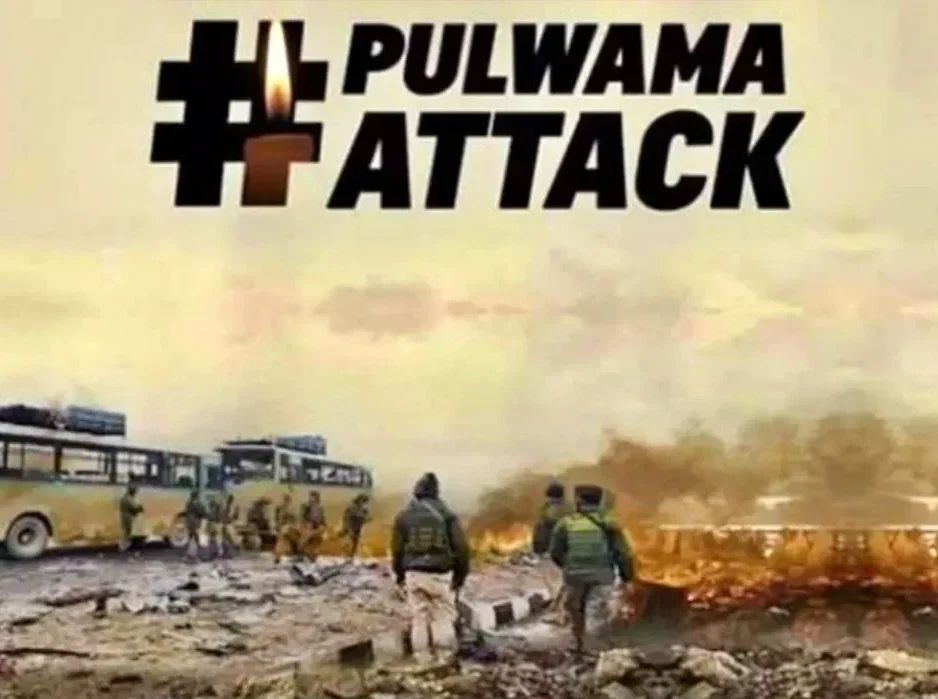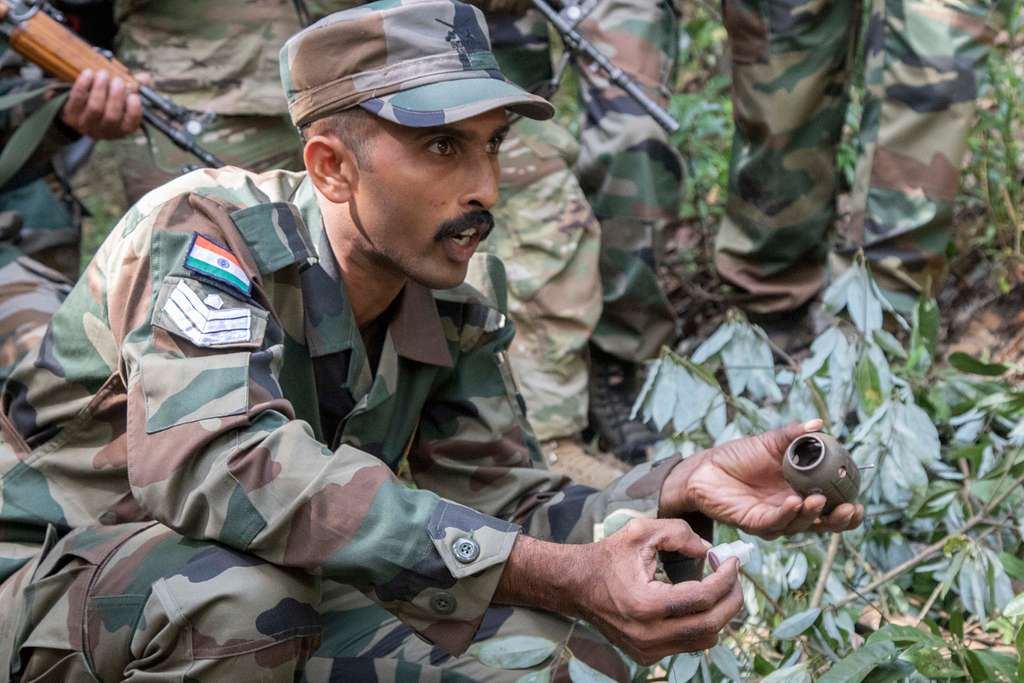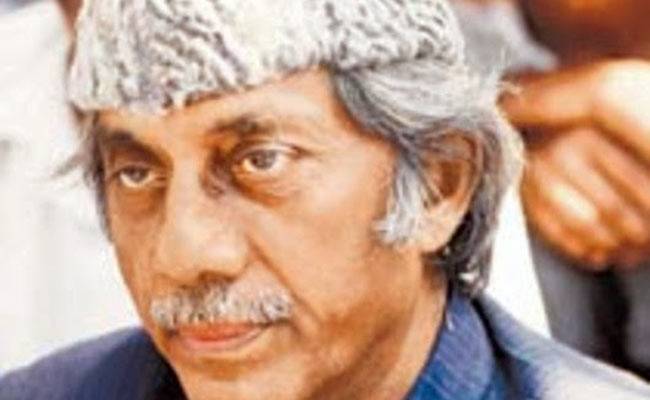The Pulwama attack, which occurred on February 14, 2019, in the Pulwama district of Jammu and Kashmir, sent shockwaves across India and the world. The attack involved a suicide bomber affiliated with the Pakistan-based militant group Jaish-e-Mohammed (JeM) driving an explosive-laden vehicle into a convoy of Indian paramilitary personnel, resulting in the tragic deaths of 40 Central Reserve Police Force (CRPF) personnel and numerous injuries.
The attack sparked widespread condemnation and outrage, both domestically and internationally, with India blaming Pakistan for providing support and sanctuary to the perpetrators. In response, India conducted airstrikes against alleged JeM training camps in Pakistani territory, escalating tensions between the two nuclear-armed neighbors.
The Pulwama attack brought to the forefront the persistent threat of terrorism in the region and the ongoing conflict between India and Pakistan over the disputed territory of Kashmir. It also underscored the need for enhanced security measures and international cooperation to combat terrorism effectively.
In the aftermath of the attack, there were heightened diplomatic and military engagements between India and Pakistan, with the international community urging restraint and dialogue to de-escalate tensions. However, the Pulwama attack remains a painful reminder of the challenges and complexities surrounding the security situation in South Asia.






